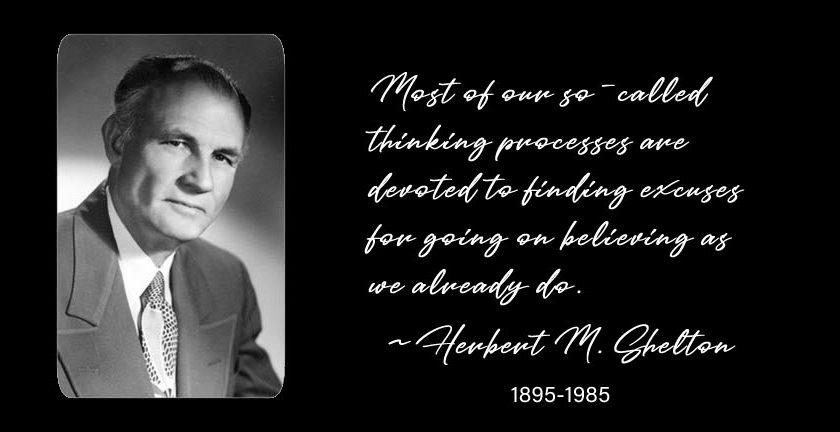
There’s an emergency in the Gulf of Mexico, still. Even with the wellhead apparently capped, there is a state of emergency.
This evening I watched a documentary on the National Geographic Channel about the progress that has been made in the Gulf, including the apparent success at finally capping the well. Yet, while the work that is going on down there — by the workers at least — is sincere, the prognosis that the public is left with, is bleak.
It doesn’t have to be that way.
BP’s obsession with collecting the oil is (1) myopic, (2) short-sighted, and (3) doing far more harm than good.
It is myopic because they appear to be focused only on collecting oil. They appear to be working hard to “do the right thing” by the people of Louisiana, and the other Gulf states, but they’re not.
A large booty of loose oil has been released into the Gulf of Mexico. They are intent on collecting as much of it as possible. However, by taking this tact, BP is actually making a bad situation worse by applying the toxic dispersant, Corexit, in the deep water. They are employing no effective methods on the shorelines, estuaries, or inland waterways. Effective, in my definition, would mean neutralizing the contamination and restoring the environment to a life-sustaining state, via bioremediation.
As a response strategy in an emergency like this, it would be far better to accelerate the restoration of balance in the Gulf marine and shoreline environment so that the fishing industries can recover quickly, than to further complicate things by introducing millions of gallons of more toxic materials, and prolonging the remediation process.
The Environmental Protection Agency (EPA) has been emasculated as this story has unfolded. An advisory issued to BP two months ago to use less toxic materials, only a few weeks after the initial explosion, has essentially fallen on deaf ears. Each day, a C-130 tanker loaded with Corexit lifts off and spreads the poison wherever an oil slick is spotted. The chemical will eventually make it into the food chain, as well as into the inland environment. And it’s all unnecessary.
BP is short-sighted because by focusing on oil collection making the health of the environment appear to be a non-factor — not even an afterthought — they are needlessly jeopardizing the health of Americans, plus the local international community, and people around the world.
The water that we see in the Gulf doesn’t simply reside there, like some big bathtub. It travels great distances and depths around the planet, driven by currents. The currents are necessary to the health of the planet, and every living organism, both marine and terrestrial. BP’s engineers apparently didn’t learn that in school. And apparently, neither did ours.
BP’s non-responsiveness to the primacy of the environment’s health and safety is an affront to the citizens of the United States and every nearby country. The U.S. government’s allowing BP to be so indifferent to the environment’s health indicates either complicity or equal ignorance. Neither option is reassuring.
There is no good reason that bioremediation should not be used on oil that has reached the shoreline and entered wetlands and estuaries. People in shoreline and beach areas from Louisiana to Florida are at risk from the effects of the chemicals in the water. This risk would be significantly mitigated with bioremediation.
Yet, since the public does not drop dead on first exposure to these toxins, which are delivered many miles away and appear to have no direct connection to physical ill-effects, BP can rely on plausible deniability to keep some of their claim expenses down. That’s another reason why BP’s current methods and practices, supported by our own Federal Government, is doing more harm than good.
Plausible deniability can always be the fallback strategy, where the origin and cause of diseases that begin cropping up months and years down the line are called into question, and treatment methods employed are just as ineffective as the remediation. We’ve seen it too many times not to know that it’ll happen again.
But let it be said here; the effects of toxic chemical treatment are not limited to oil. They effect life. And we are connected to life. If marine life is adversely affected by the materials released in the seawater, then human life will be. The death of the fishing industry in the Gulf of Mexico is evidence that marine life has been adversely affected by this event. We can no longer fool ourselves into thinking that only jobs are at stake. The consequences go far deeper and broader than that.
Fortunately, we can fix the environmental damage, must faster than the documentaries and news reports are leading us to believe.
This is what I felt like saying after watching the National Geographic program.
[youtube=http://www.youtube.com/watch?v=nNQAOdMOsgg]
The change that we seek may have to begin with individuals who need bioremediation on their property or in their area, working with individuals or groups representing a SAFE, non-toxic approach).
Listen to my recent conversation with Joseph Johnson on bioremediation. [Please notify me if the link is broken.]





I have seen some encouraging signs that bioremediation will solve this problem and heal the Gulf. Bioremediation can remove carbon waste from other areas of the environment and give us a sustainable environment. Long live the friendly microbes!